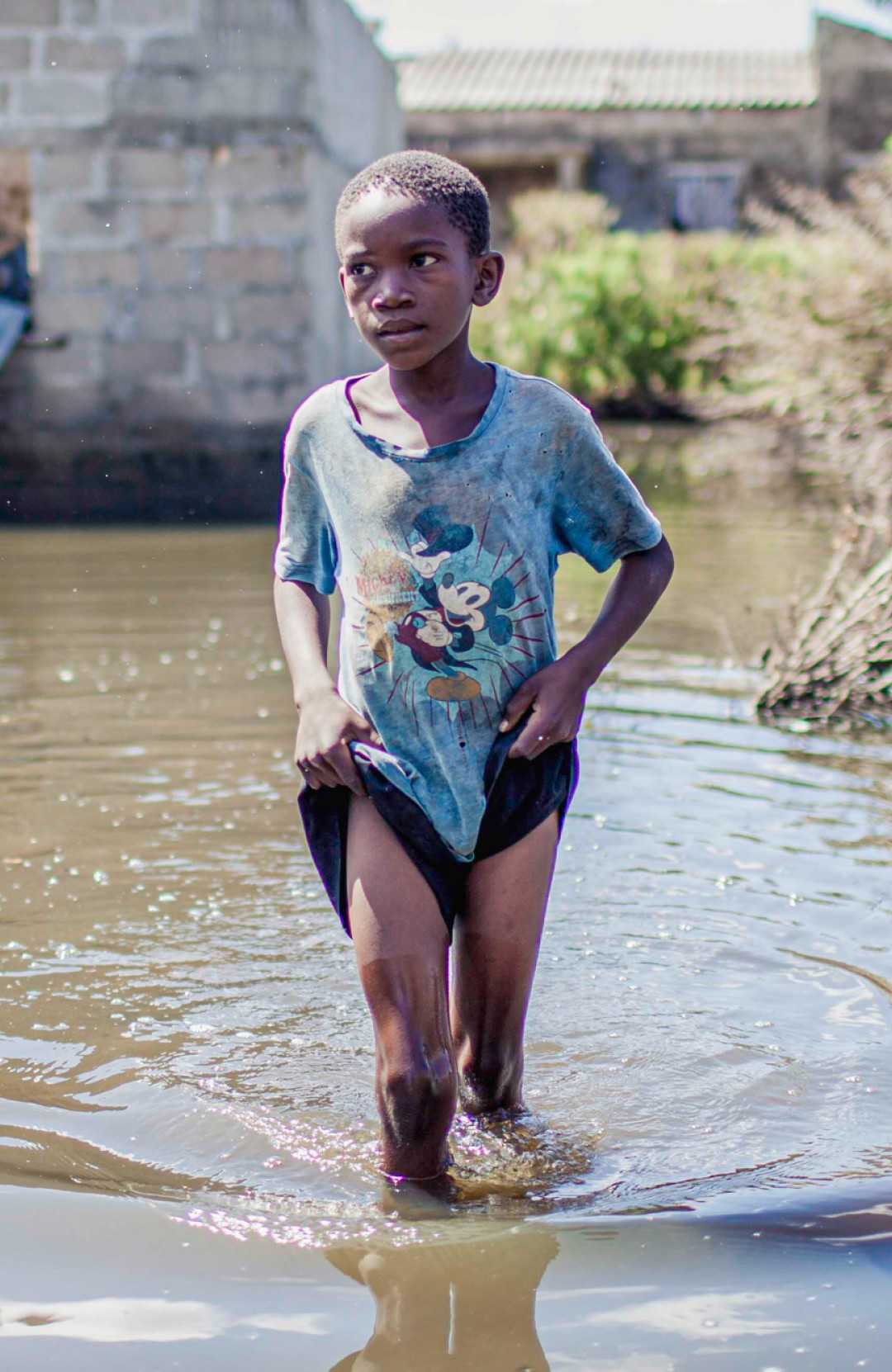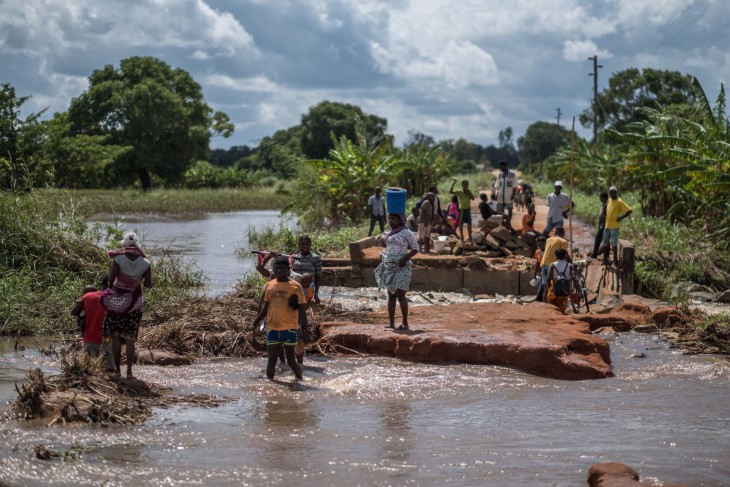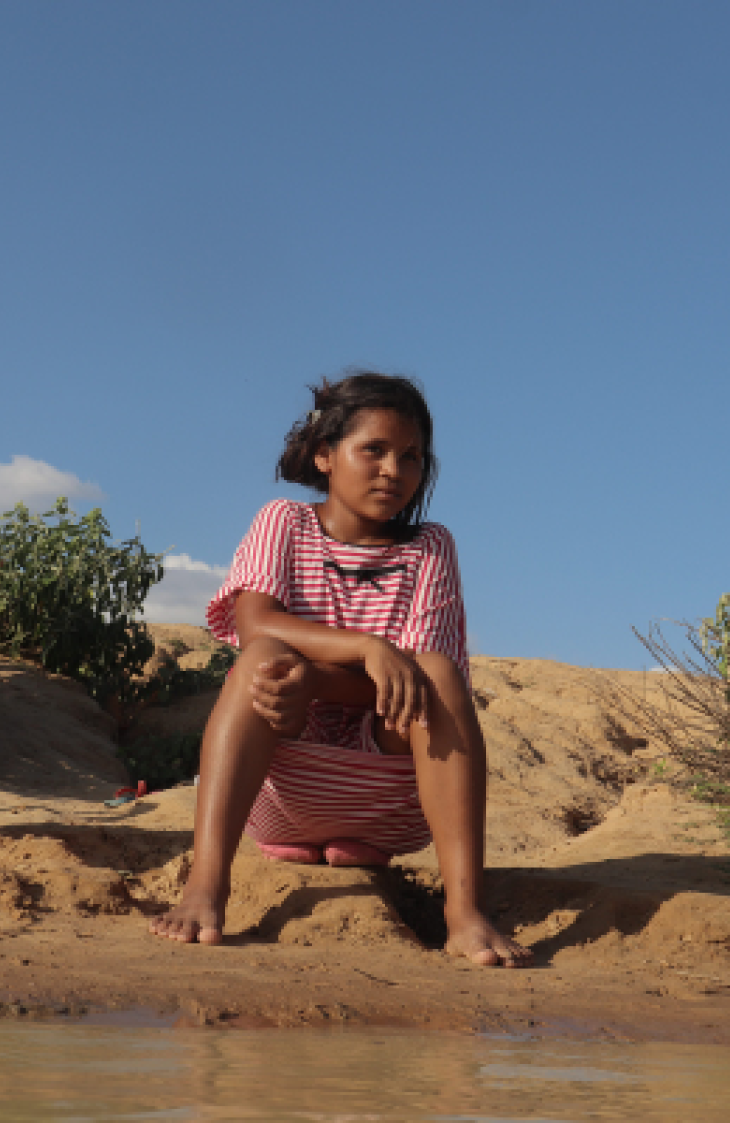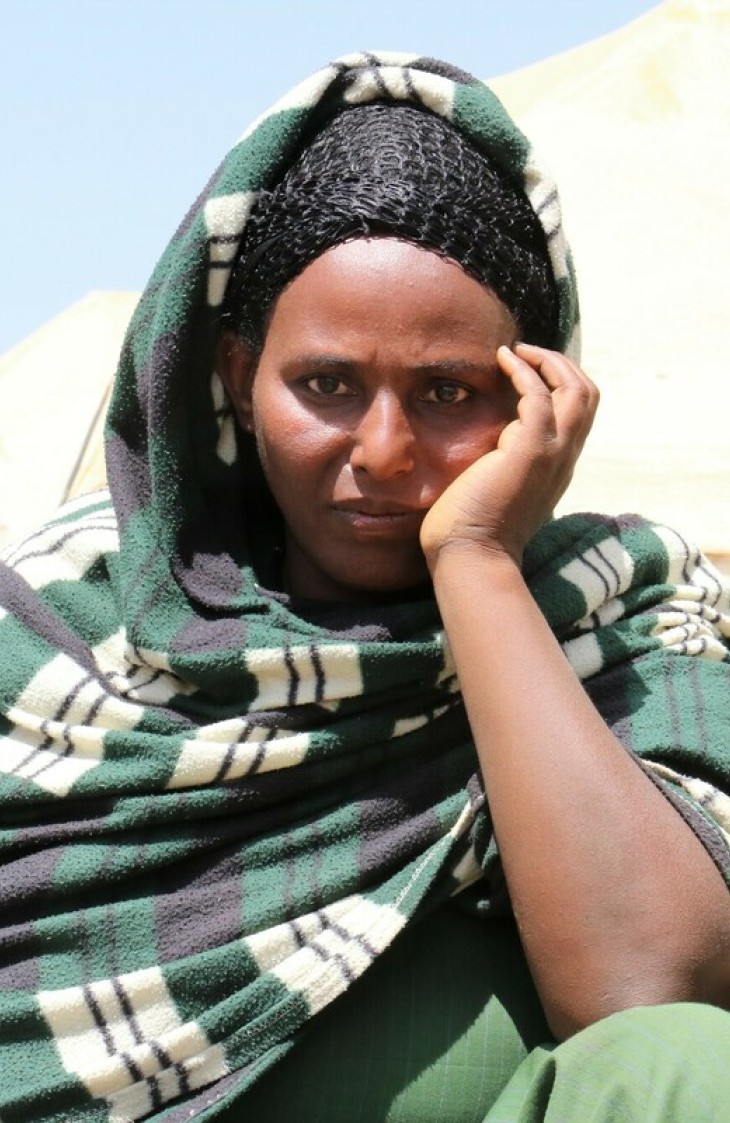
Climate justice
The climate crisis is part of the global inequality crisis. While we in the western world account for by far the largest part of the CO2 emissions causing climate change, it is the world's poorest who pay the price in the form of droughts, floods, and other extreme events that adds to stress on water resources, food security and human health. Oxfam Denmark fights for wealthy countries to take responsibility.
30 climate initiatives
in 11 countries are currently supported by Oxfam Denmark
+ 20 million
people in East Africa was in 2017 in need of humanitarian help because of climate crisis
80% of the population i Mali
doesn't know if they'll have food on the table
Oxfam Denmark fights for climate justice and sustainable development
The first goal of our action on climate change is to ensure a higher level of climate justice at international level. We will put pressure on the rich nations to fulfill their commitments to the Paris Agreement. They should not only reduce their own CO2 emissions, but also contribute financially to the countries hit hardest by climate change, enabling them mitigate and adapt to risks themselves.
Specifically, we are helping to give lower income populations a voice at the COP 27 climate summit and demanding compensation for losses and damage, for example, on agricultural land and infrastructure created by drought and floods.
Our other goal is to help poorer populations directly, building more sustainable and resilient local communities. This applies to the introduction of new cultivation methods to increase the production of food in a country like Mali, which is affected by desertification. Or it could be the education and organization of indigenous peoples in Latin America so that they can have a say at local level for the use of rainforest resources and thus secure their livelihoods.
In addition, we are making a very special effort to improve the conditions of women, as they are disproportionately affected by climatechange causing further problems in securing food, clean drinking water and ensuring the health of the family.

How Oxfam Denmark works with the climate
- We support civil society in the Global South gaining a stronger voice and fighting for climate justice and protection. This applies, among other things, to multinational companies, which must comply with basic environmental requirements and human rights when extracting minerals in poor countries.
- We help small communities become more resilient. This applies, among other things, to agriculture, water and energy, where we help build capacity and develop new green solutions that strengthen food security and sustainable use of natural resources.
- We support indigenous peoples in preserving the right to their land. This is happening in the case of The Hague. In the fight against major commercial interests in the management of natural resources, so that the population maintains their livelihoods and culture, and biodiversity is protected.
- We support vulnerable young people and women in addressing the climate crisis and being heard when local initiatives are planned and implemented. An important element here is the building up of knowledge about women's deteriorating living conditions and violations of rights as a result of climate-related conflicts and poverty.
Support the fight against desertification and hunger in Mali
The desert is spreading in northern Mali, where weather conditions have become extreme and temperatures are rising. This means the loss of agricultural land and production, which hits local communities exceptionally hard.
Over 80% of the population in the area is now characterised by a high degree of food insecurity and lives at a subsistence level. We help local farmers introduce new crops that are more drought resistant and also use organic fertilizers that protect soil and biodiversity. Finally, we help them to be able to exchange for small animal husbandry outside the actual cultivation period.

